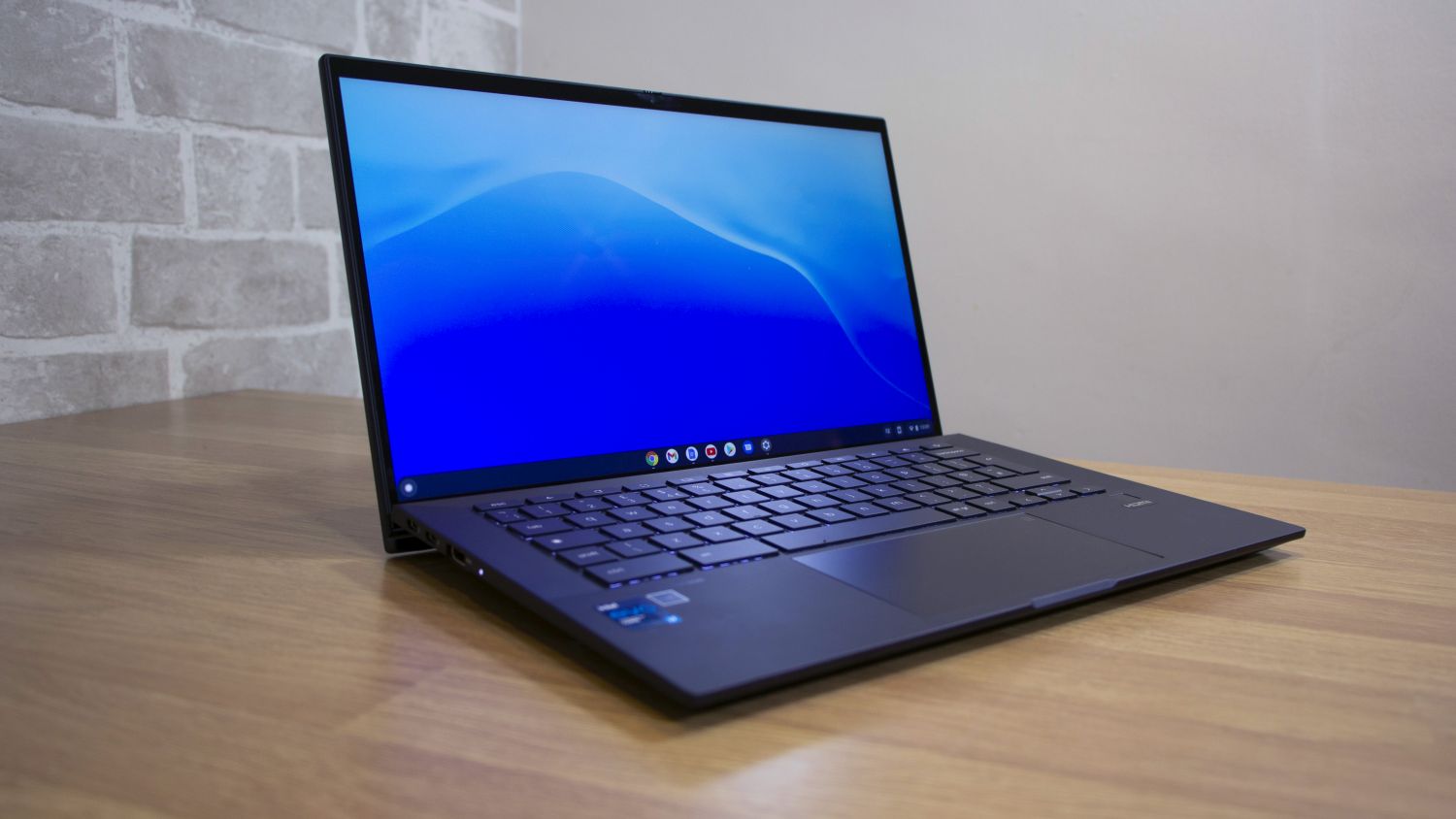Microsoft criticises Google Chrome's privacy
Microsoft has criticised rival browser Chrome's privacy in front of an audience of security professionals.

Microsoft has publicly criticised Google Chrome's privacy.
Internet Explorer security general manager Amy Barzdukas used London's RSA conference to put its rival's Omnibox in a negative light.
Barzdukas noted that in Internet Explorer 8's default setting, it kept the address box and search box completely separate for privacy reasons.
"The address box is optimised for you, the individual user," she said. "It's optimised to get the user to the sites that you go [to] over and over again your favourites and your bookmarked sites."
"The search box is optimised for a very different reason," she added. "They are kept separate for privacy."
Because of this, when a user types a URL into Internet Explorer's address box, no information goes back to Microsoft, she claimed.
Barzdukas then demonstrated what happened when a user typed something into Google Chrome's Omnibox, which acts as both a search tool and an address bar.
Sign up today and you will receive a free copy of our Future Focus 2025 report - the leading guidance on AI, cybersecurity and other IT challenges as per 700+ senior executives
"If you type in that Omnibox, every keystroke that you type is sending a packet to Google," she said.
She said that users may not be aware of the trade off or even care about it, but Microsoft believed that browser vendors needed to be careful about privacy no matter what.
The attack on the Google Chrome browser comes nearly a month after the furore over a Google Chrome plugin for Internet Explorer that Microsoft claimed was a security risk and would not trust with their "friends and families".
-
 Spanish spyware outfit uncovered, develops exploits for Windows, Chrome, and Firefox
Spanish spyware outfit uncovered, develops exploits for Windows, Chrome, and FirefoxNews Google was only able to discover the company after an anonymous submission was made to its Chrome bug reporting programme
-
 Google adds new security vendor plugins for Chrome, improved Chrome OS policy controls for IT admins
Google adds new security vendor plugins for Chrome, improved Chrome OS policy controls for IT adminsNews New integrations across various security pillars aim to improve Chrome OS and Chrome browser security for enterprise customers
-
 Google patches second Chrome browser zero-day of 2022
Google patches second Chrome browser zero-day of 2022News Google acted quickly to secure against the type confusion vulnerability that was under active exploitation
-

 Acer Chromebook Spin 513 review: Cheap and mostly cheerful
Acer Chromebook Spin 513 review: Cheap and mostly cheerfulReviews An affordable Chromebook convertible with good looks but mediocre performance
-
 Google says Chrome is now faster than Safari on Apple Silicon
Google says Chrome is now faster than Safari on Apple SiliconNews According to Apple's own benchmarks, Chrome 99 scored the highest out of any browser ever tested
-
 Google Chrome update fixes zero-day under active exploitation
Google Chrome update fixes zero-day under active exploitationNews Google releases a fresh wave of patches for severe vulnerabilities that could facilitate code execution and system takeover via Google Chrome
-

 Asus Chromebook CX9 (CX9400CE) review: The most stylish Chromebook on the market
Asus Chromebook CX9 (CX9400CE) review: The most stylish Chromebook on the marketReviews A sleek, expensive Chromebook that tries to bring professional style to Google’s OS
-
 Chromebook shipments plunge due to 'shift in demand'
Chromebook shipments plunge due to 'shift in demand'News Sales of Chrome OS devices fell 29.8% in the third quarter of 2021 to 6.5 million units, according to IDC

